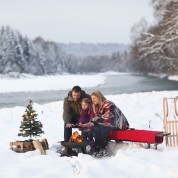Whether it’s a trailer, boat, caravan or a broken-down car, towing should be done right to avoid damage to your vehicle and accidents on our roads. This is according to Les McMaster, Chairman of the Motor Industry Workshop Association (MIWA).
He said the first thing to ensure is that the trailer or caravan has been properly serviced by a competent person.
“During the service the following areas should receive special attention, brakes (if fitted), electrical connections and components such as lights, cables etc, wheel bearings (these need to be greased if the trailer has been standing for a lengthy period) and tyres with emphasis on the tyre age,” said McMaster.
He added that it also important to ensure you have the correct licence and what you are towing falls within the legal requirements in terms of weight in relation to your vehicle.
“Many motorists don’t realise that their drivers licence regulates what vehicle they can drive and what type of trailer they can pull.
“The AA provides a break-down of license codes and the corresponding trailer weight. It also explains how to calculate the trailer to car weight ratio.
“It is important that motorists don’t attempt to tow an item that is too heavy for their vehicle,” said McMaster.
“The cost of fuel and fuel consumption is also a factor to consider before heading off on holiday with a trailer, boat or caravan in tow.
“Towing roughly halves your normal distance so be careful to plan your stops beforehand. It’s also important to budget for the additional fuel you’ll use when towing. You’ll need to double your usual fuel expenditure.”
McMaster said that speeding is the number one cause of accidents when towing.
“Drivers need to be aware that the stopping distance is far longer when towing and allow for this.”
He added that passing heavy vehicles and vice versa creates a vortex which can affect the towing combination stability.
“Ensure that you are not caught unawares. Do not use excessive braking when descending a steep descent as this may overheat the brakes on the units and lead to premature brake failure. Rather select a lower gear to assist with the braking force and keep to the recommended speed limit.”
He also encouraged drivers who stop to assist a broken-down vehicle to ensure they use the correct equipment before attempting to tow the vehicle.
“Use only approved towing equipment such as towing bars and ropes. Be aware when using a rope that it will slacken on deceleration.
“By using the correct rope you avoid the risk of the rope snapping on acceleration. A tow bar should be used if the towed vehicle’s brakes are not working. Be aware that the steering on the towed vehicle may be extremely heavy when the engine is not running so too are the brakes without vacuum assistance,” he added.
“Every December and January we have many fatalities on our roads. Let’s make sure that we tow responsibly and take it easy on our roads this festive season.”
No matter how careful you are accidents can sometimes still happen. To avoid having to pay for costly repair bills in the event of an accident, make sure that you are insured. Call Coast on 0800 614 849 to speak to a member of our friendly team about your insurance.


